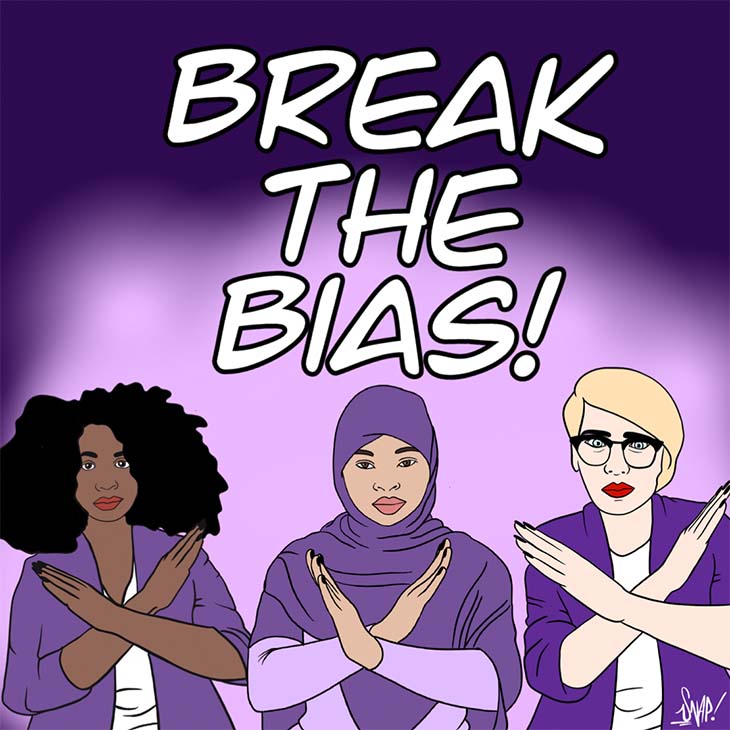The month of March is women’s history month for the celebration of the International Women’s Day which is celebrated annually on March 8. The day presents an opportunity to reflect on the progress made to call for change, accelerate gender parity and celebrate acts of courage and the strides taken to elevate the position of women in society.
The theme for this year’s celebration is-#Breakthebias. This theme is a call for reflection on the many possibilities available in a gender-equal world, a call to consider diversity and inclusiveness; freedom from bias, stereotypes, and discrimination; and a world acknowledging human differences and celebrating them.
Coincidentally this theme mirrors the current happenings in Nigeria. Nigerian women took to the streets of Abuja, the Nation’s capital on Wednesday the 2nd of March 2022, to protest the National Assembly’s decision on the recent constitutional amendments. After two years of deliberations, the legislature voted on a series of bills to amend the 1999 constitution. Out of the 68 bills presented before the National Assembly and voted on, 49 were passed. 5 of the 68 bills were focused on gender equity and the elevation of women in Nigeria’s political system. Amongst the 5 bills listed below on gender equity, 4 were rejected:
The Bill for Nigerian women to award automatic citizenship to their foreign-based husband: if passed, would have granted citizenship to foreign-born husbands of Nigerian women; the Nigerian constitution already confers automatic citizenship on foreign-born wives of Nigerian men.
Indigenization Bill: This Bill sought to confer women with the right to become indigenes of their husband’s state after five years of marriage.
Additional seats for women in the National Assembly: This Bill sought to create additional exclusive seats for women at the National Assembly. This Bill was rejected. Interestingly, there are only 19 women of the 469 legislators currently serving in Nigeria’s bicameral legislature. That’s only 4%.
Reserve 35% of appointed positions: The National Assembly only settled for 20%.
Granting Women Affirmative Position in Party Administration and Leadership: This Bill was equally rejected. This means there will be no favor for women in general, either in the political parties or leadership.
Women activists have opined that the vote against bills granting women more autonomy is symptomatic of what is still a deeply conservative and patriarchal society. The results from the poll show that members of the 9th Assembly have not only reinforced the discrimination and political bias against women as enshrined in the constitution but have propagated this bias.
At Benchmac & Ince, we reaffirm our support for Nigerian women and pledge to continue to advocate for #BreaktheBias in securing a Nigeria where the diversity our women bring is valued and celebrated.
#BreaktheBias.
#Breakitnow
The opinions in the articles are for general information purposes only and do not form a legal relationship or be taken as legal advice. To explore legal advice, please consult your solicitor or feel free to get in touch with us directly.


